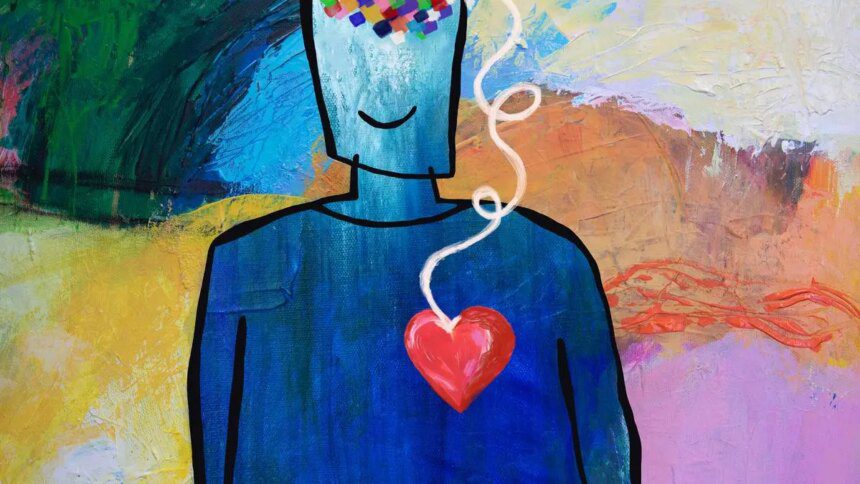Last week, representatives from over 100 organizations convened in the capital for a landmark meeting focused on mental health under the banner of the Indian Mental Health Alliance (IMHA). This newly established not-for-profit organization brought together prominent attendees, including corporate leaders Rohini Nilekani, Neerja Birla, and Pheroza Godrej, as well as Raj Mariwala, Ashish Dhawan, and Dr. Prabha Chandra.
Despite the involvement of influential corporate figures, Vasvi Bharat Ram, Joint Vice Chairperson of The Shri Ram Schools and Founding Trustee of IMHA, noted that their efforts are “not enough, unfortunately.” Her personal journey with mental health began over a decade ago with her older daughter, prompting the creation of IMHA, along with Amaha and Children First. Vasvi observed that post-COVID-19, discussions surrounding mental health have become more prevalent, yet she recalls the struggle her family faced even before the pandemic: “We didn’t know where to go, who to turn to, what to do,” she said, reflecting on the challenges despite the available resources.
Vasvi, who came from a family where philanthropy was a consistent topic of conversation—primarily around education—expressed her and her husband’s commitment to mental health initiatives. She acknowledged the discomfort in discussing their philanthropic endeavors but emphasized the importance of breaking the silence surrounding the stigma of mental health issues.
Her daughter authored a children’s book titled “C is for Cat, D is for Depression” in 2019, sharing her experiences: “The day she said I want to write this… it was like a learning experience for me… because she was so brave,” Vasvi remarked, indicating the family’s collective commitment to advocacy.
IMHA’s primary focus is to frame mental health as a developmental issue across various sectors, including livelihood, education, and the wellbeing of women and children, as stated by Neha Kirpal, an IMHA founding cohort member. The alliance encompasses 230 member organizations from 30 states and union territories, acting as a catalyst for amplifying their initiatives, fostering synergies, disseminating knowledge, influencing policy, and liaising with government, philanthropy, and donors.
The IMHA is dedicated to capacity building by training mental health professionals and organizations while centering conversations around individuals with “lived experiences” and their caregivers, moving away from a traditional biomedical model. Neha highlighted the critical state of mental health in light of statistics indicating that India bears one-third of the global mental health burden, including suicides, addictions, and depression cases. IMHA has established a knowledge center containing credible resources accessible nationwide.
Discussions during last week’s gathering included adolescent wellbeing, climate change, and mental health, with representation from organizations like SNEHA, SIMHA, Ekjut, and Salaam Baalak Trust.
Neerja Birla, founder of Mpower—a mental health initiative from the Aditya Birla Education Trust—advocated for corporates to adopt a trust-based approach to support mental health initiatives rather than solely focusing on return-on-investment metrics, acknowledging that outcomes may not always be quantifiable. Mpower operates a national mental health helpline and works with various groups, including the Central Industrial Security Force (CISF) and Railway Protection Force.
IMHA aims to establish an “unrestricted capital pool,” according to Neha, noting initial funding from Vasvi and Ashish Bharat Ram, Manisha Dhawan (Convergence Foundation) for adolescent mental health, and Pheroza Godrej for OCD and suicide prevention initiatives. The goal is to create a collective of philanthropists who can directly fund community-based organizations nationwide.
Vasvi emphasized the necessity for “patient capital” from individuals who are willing to invest time and resources in systemic change. “You need unrestricted capital, you need long-term capital and you need people who believe in this space,” she asserted, hoping that their commitment would inspire others to contribute to mental health efforts.
Published on October 6, 2025.










